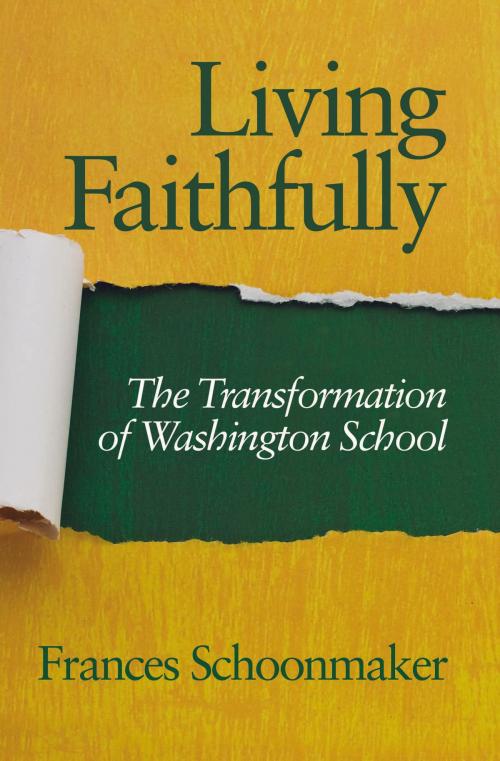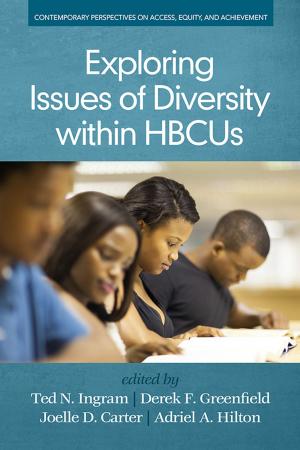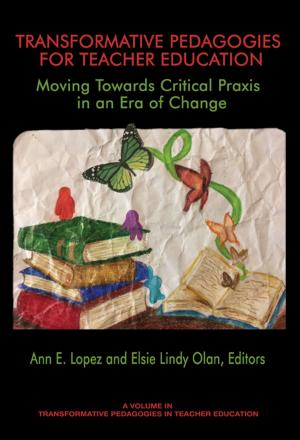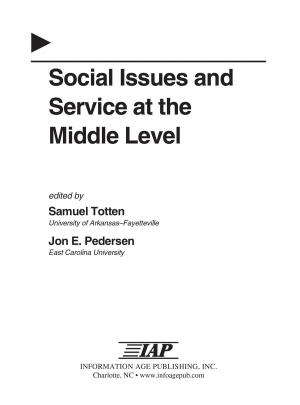Living Faithfully
The Transformation of Washington School
Nonfiction, Reference & Language, Education & Teaching, Educational Theory, Aims & Objectives, Administration, Teaching, Teaching Methods| Author: | Frances Schoonmaker | ISBN: | 9781617357091 |
| Publisher: | Information Age Publishing | Publication: | July 1, 2012 |
| Imprint: | Information Age Publishing | Language: | English |
| Author: | Frances Schoonmaker |
| ISBN: | 9781617357091 |
| Publisher: | Information Age Publishing |
| Publication: | July 1, 2012 |
| Imprint: | Information Age Publishing |
| Language: | English |
Living Faithfully is for anyone interested in education and education policy, whether parent, community member, teacher, student of leadership or policy maker. It looks at school leadership and reform in an alternative way, following the story of change at Washington School, a troubled grades 56 center in a small town in Western Oklahoma. Not only does the book address a neglected population, the more than 1/3 of the nation’s children who go to school in small towns and rural areas, it uses the occasion to invert thinking about school reform. It argues that in today's policy climate where guaranteed, standard outcomes are touted as goals of education, leadership schemes, even those designed to challenge topdown, bureaucratic models, are quickly coopted to produce the appearance of learning. Prevailing leadership theories beg the question of who is being transformed and to what end, failing to challenge assumptions and dominant ideas of contemporary education and leadership thinking. Drawing on Philip Phenix’s idea of the faithful life, the book proposes an alternative way forward. Phenix talks about connections between school and life. According to Phenix, the faithful life is concerned with the normative question of what is good, true, right, just, beautiful, and holy. This is not the vocabulary of current education policy. But it describes the kind of community created at Washington School despite its history of failure. And it describes what most families want for their children whether they live in the city or country, America or elsewhere: an education that matters.
Living Faithfully is for anyone interested in education and education policy, whether parent, community member, teacher, student of leadership or policy maker. It looks at school leadership and reform in an alternative way, following the story of change at Washington School, a troubled grades 56 center in a small town in Western Oklahoma. Not only does the book address a neglected population, the more than 1/3 of the nation’s children who go to school in small towns and rural areas, it uses the occasion to invert thinking about school reform. It argues that in today's policy climate where guaranteed, standard outcomes are touted as goals of education, leadership schemes, even those designed to challenge topdown, bureaucratic models, are quickly coopted to produce the appearance of learning. Prevailing leadership theories beg the question of who is being transformed and to what end, failing to challenge assumptions and dominant ideas of contemporary education and leadership thinking. Drawing on Philip Phenix’s idea of the faithful life, the book proposes an alternative way forward. Phenix talks about connections between school and life. According to Phenix, the faithful life is concerned with the normative question of what is good, true, right, just, beautiful, and holy. This is not the vocabulary of current education policy. But it describes the kind of community created at Washington School despite its history of failure. And it describes what most families want for their children whether they live in the city or country, America or elsewhere: an education that matters.















